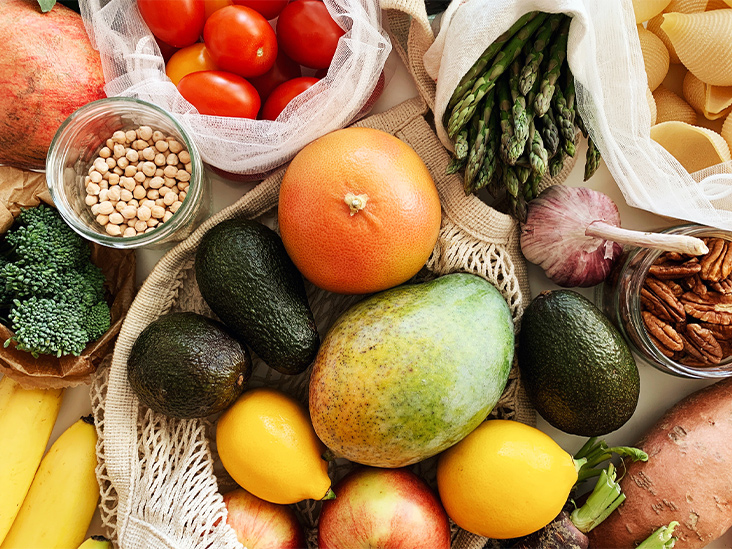
Millions of readers rely on HelpGuide for free, evidence-based resources to understand and navigate mental health challenges. Please donate today to help us protect, support, and save lives. Pick up any diet book and it will claim to hold all the answers to successfully losing all the weight you want—and keeping it off. Some claim the key is to eat less and exercise more, others that low fat is the only way to go, while others prescribe cutting out carbs. So, what should you believe? What works for one person may not work for you, since our bodies respond differently to different foods, depending on genetics and other health factors. While some people respond well to counting calories or similar restrictive methods, others respond better to having more freedom in planning their weight-loss programs. Being free to simply avoid fried foods or cut back on refined carbs can set them up for success. Some experts believe that successfully managing your weight comes down to a simple equation: If you eat fewer calories than you burn, you lose weight.
Three nutrients — carbohydrate, protein, and fat — contain calories that your body uses for energy. Here’s how to balance these nutrients in a healthy diet. Carbohydrate has 4 calories per gram. About 50 to 60 percent of your total daily calories should come from carbohydrate. Carbohydrate contains the most glucose and gives the quickest form of energy. Your body changes percent of carbohydrate into glucose. Besides giving your body energy that it uses right away, your body can store carbohydrate in your liver. Your liver stores extra carbohydrate as glycogen and releases it later, when your body needs it.
Pity what is a diet supposed to contain has left read
For some people, adding 30 minutes of walking each day and making minor changes, such as taking the stairs, can help them burn calories and lose weight. They contain more fibre, and usually more vitamins and minerals, than white varieties.
